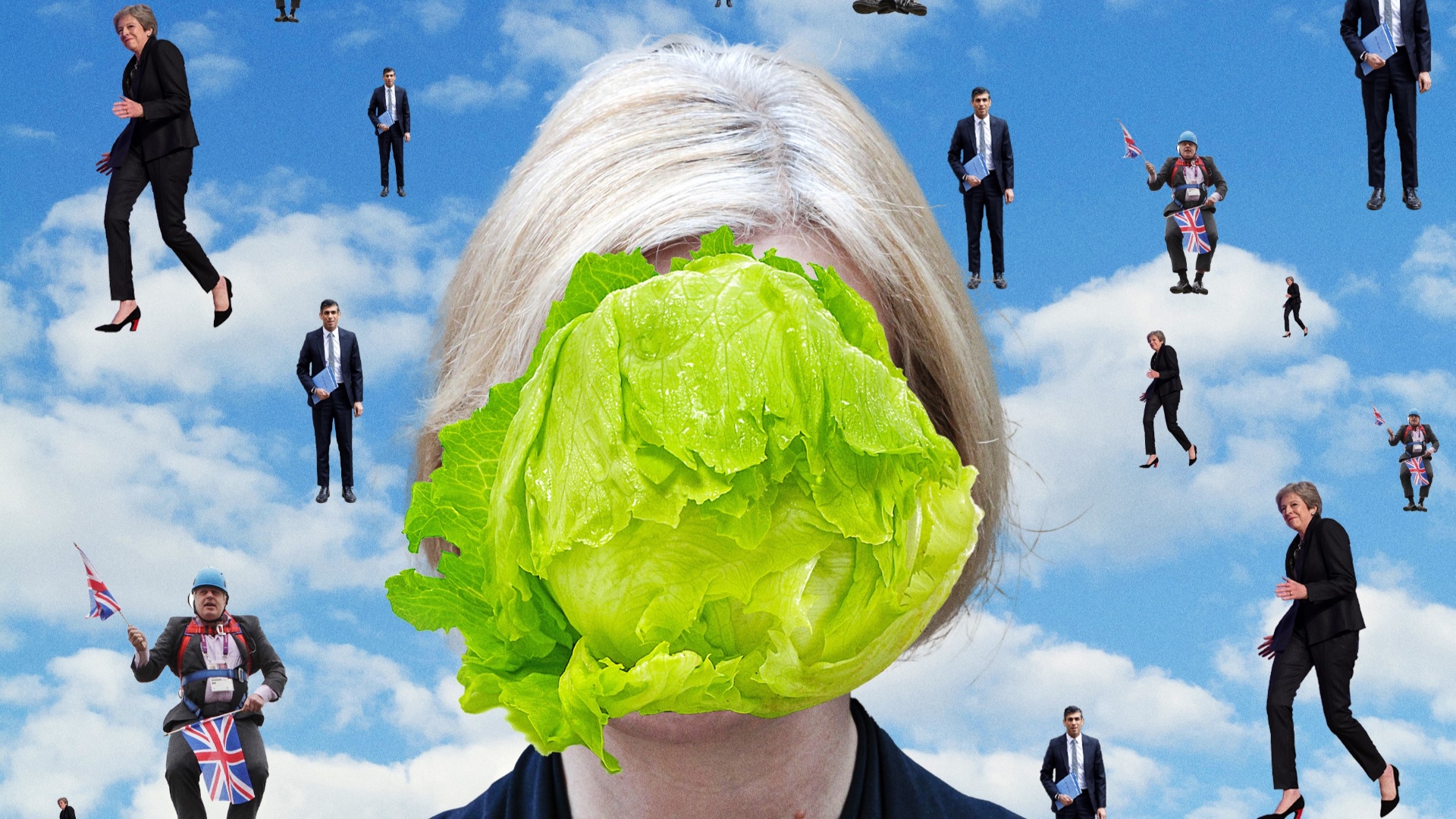Buried in Nadine Dorries’s recently published book, The Plot, there is a scandal. Not the one about an MP having a sex with a prostitute on a billiard table while other MPs stood and cheered him on. No, this is to do with an attempt to fix who got to regulate the BBC and GB News.
That’s one scandal. The other is how the institutions at the heart of the scandal reacted when it came to light. It is an unhappy illustration of how the press relations industry has quietly transformed from feeling obliged to tell the truth to being complicit in a form of reputation management.
The story goes like this.
You’ll remember that Boris Johnson, on becoming prime minister, took a keen interest in who should run both the BBC and Ofcom, the supposedly independent regulator which oversees it.
He wanted his old chum Charles (now Lord) Moore, to be in charge of the BBC – an odd choice since Moore has a criminal record for refusing to pay the licence fee. He then wanted Paul Dacre, the former editor of the Daily Mail, to run Ofcom.
Both choices eventually failed – but not before many well-qualified candidates had been deterred from applying.
Quite why Johnson wanted “his” people in these crucial posts can only be guessed at. But we know he was no fan of the BBC. We know his friends in Fleet Street would dearly love to see it cut in size and influence. And we know several of his colleagues in the Conservative Party dearly wanted fledgling channels like GB News to succeed.
After Dacre pulled out of the running for Ofcom, having been found unappointable by the selection committee, the choice eventually came down to two Conservative peers, a Lord Gilbert (described by Dorries as a “party apparatchik”) and Lord (Michael) Grade, 79.
The recommendation was down to the secretary of state, then Dorries, who would pass her choice to Johnson himself.
But late in the day something odd happened. Dorries was lobbied by two Downing Street aides, Dougie Smith and Munira Mirza. Smith’s approach was described as “intimidating, bullying even.” They wanted Gilbert, not Grade.
More interesting still, she was lobbied by Sir Robbie Gibb, former spin doctor to Theresa May. Gibb is a non-executive director of the BBC (as well as one of the original architects of GB News). He also wanted Gilbert.
It goes without saying that regulated parties don’t get to choose their regulator. It was therefore wholly improper for Gibb to be trying to fix who got to be the chair of the BBC’s regulator. No ifs, no buts.
This story leapt off pages 81-84 of Dorries’ book when I read it. I was told Gibb himself was ignoring calls. So I composed 15 questions and emailed them to the BBC press office. This is called basic fact-checking. Was Dorries’s account true? And if so, what was the BBC going to do about it?
BBC journalists try to fact-check stories every minute of every day. Getting to the truth is what the BBC is for. So you’d think the BBC itself would feel some sort of obligation to assist in a fact-checking exercise.
Alas, no. The first BBC response was a single line trying to push me to the DCMS. Was really that their only comment, I asked? Some hours later the press office stirred itself to issue the following statement: “The BBC Board doesn’t take a view on who should be the Chairman of Ofcom. The appointment of the Chair of the regulator is a not a matter for the BBC; it is a government-led process and all enquiries should be directed to the DCMS.”
This was a classic of its sort. It ignored all the questions I asked and answered one I hadn’t – informing me that the BBC board “doesn’t take a view.”
Well, we all know that. But the story concerned an attempt by a governor to do the opposite. Had anyone bothered to ask Gibb? Could he remain a governor? Would anything at all happen?
You may be sure that if some hapless BBC local radio reporter had tweeted something ill-judged the full weight of the BBC would have descended on them in order to shove them under the nearest bus. But a BBC director behaving improperly? Look the other way.,
Gibb himself ignored a text from me. Downing Street pushed me off to the DCMS, who, like the BBC, ignored the question and gave me the same sort of flannel.
The unkind word for this is a cover-up. Faced with an embarrassing and damaging story two august organisations – the BBC and Downing Street itself – decided to protect the institution rather than tell the truth. Instead of helping a journalist check their facts press officers (paid for, one way or another, by us) opted for reputation management.
If Gibb were a different sort of person he’d admit to what he’d done and take the consequences. Instead, he ignored the fact-checkers and hoped it would blow over.
Fine, but I cannot see how it’s in the interests of either the BBC or Downing Street to be covering up for him. They diminish, rather than burnish, their own reputations. They emerge less trustworthy in order, it seems, to save Gibb’s skin.
Is there no one left in the BBC or Downing Street who can remember the days when press officers were there to help journalists tell the truth? Or are we living in a new age where no one is accountable because the cover-up feels easier?
I would ask Robbie Gibb, whose duties include upholding BBC editorial standards. But I don’t think he’d answer.
Alan Rusbridger is editor of Prospect Magazine. He’s a former editor in chief of the Guardian.



